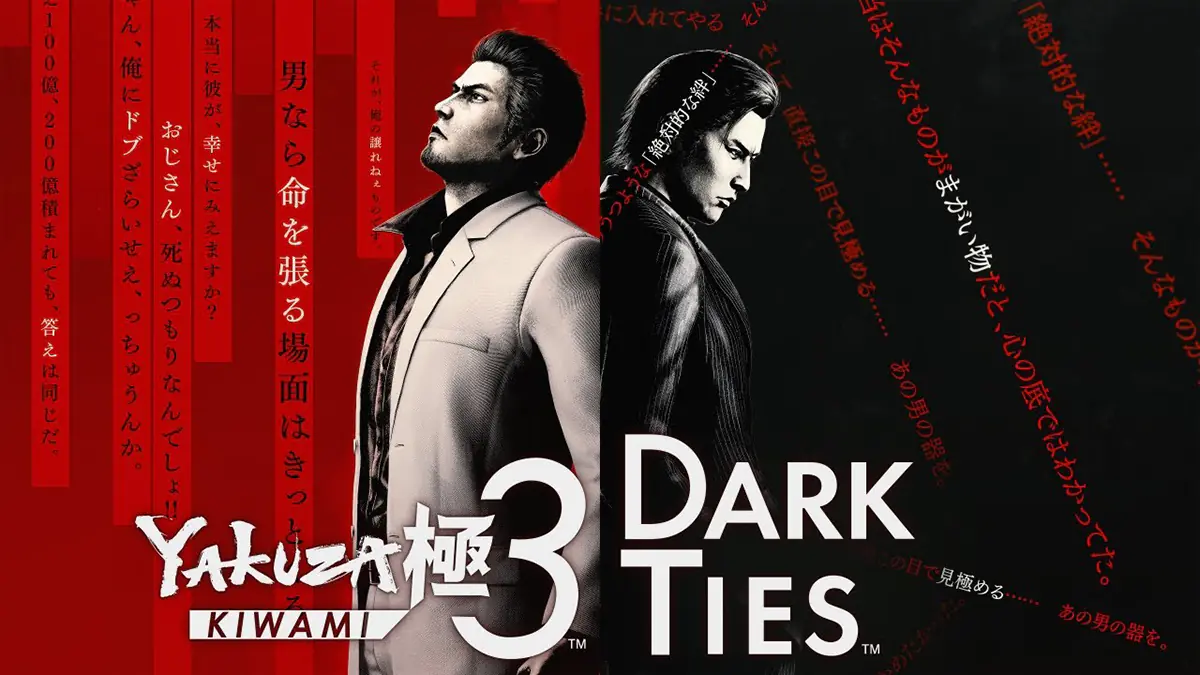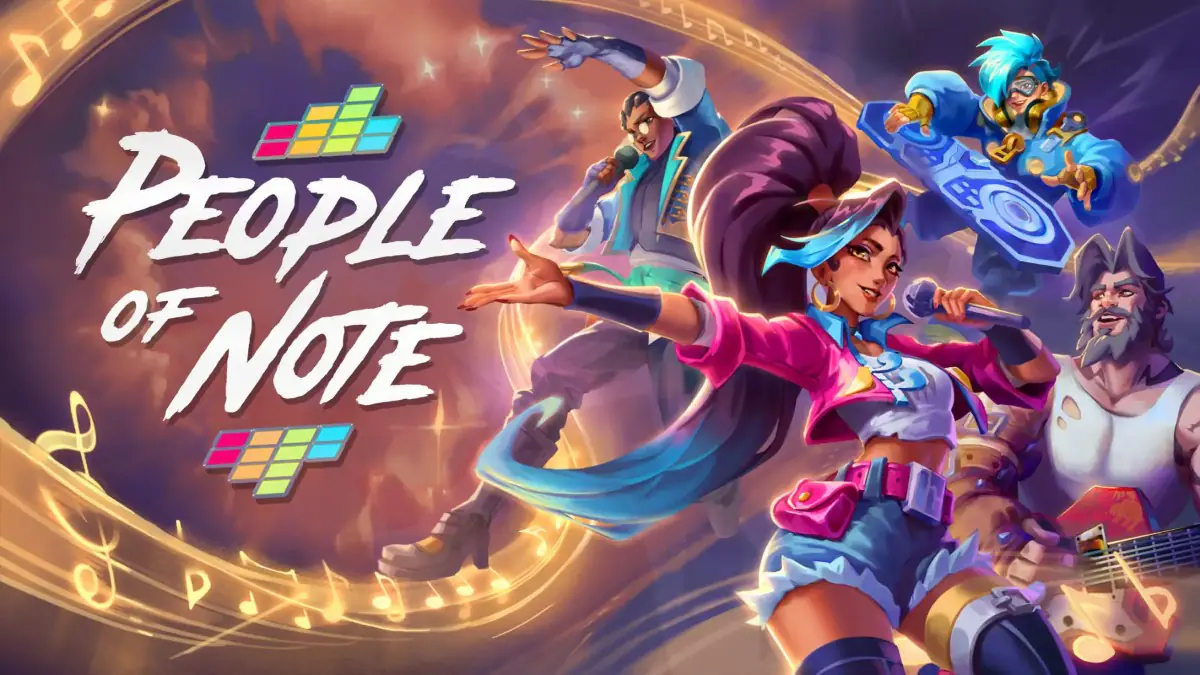The AI "can generate game visuals, controller actions, or both".
Microsoft has scraped gameplay from flop Bleeding Edge to create a new AI model named Muse. According to the corporation, Muse “can generate game visuals, controller actions, or both”.
“In our team, we had access to a very different source of data. For years, we had collaborated with Xbox Game Studios’ Ninja Theory… to collect gameplay data from Bleeding Edge, their 2020 Xbox game,” wrote Microsoft Research Game Intelligence lead Katja Hofmann.
“Bleeding Edge is a 4-versus-4 game where all games are played online, and matches are recorded if the player agrees to the End User License Agreement (EULA),” Hofmann continued. “We worked closely with our colleagues at Ninja Theory and with Microsoft compliance teams to ensure that the data was collected ethically and used responsibly for research purposes.”
The catch there is, of course, those who wanted to play Bleeding Edge were required to sign the EULA before doing so… and likely didn’t read the fine print to realise that their gameplay would be eventually used to train a new AI model.
Bleeding Edge went live in late March 2020; Ninja Theory announced it would stop supporting the shooter less than a year later in January 2021.
Microsoft’s Fatima Kardar added that “as part of this, we have empowered creative leaders here at Xbox to decide on the use of generative AI,” and that “there isn’t going to be a single solution for every game or project, and the approach will be based on the creative vision and goals of each team.”
Ninja Theory studio head Dom Matthews said his teams won’t be using Muse to generate AI content in its games, but admits that he is interested in tools that will assist flesh-and-blood developers.
“I think the interesting aspect for us that is exciting is ‘How can we use technology like this to make the process of making games quicker and easier for our talented team’ so they can really focus on the thing that I think is really special about games which is that human creativity,” Matthews said. “Games to me are really creators using the medium of games to talk to their audience, to communicate through the medium of interactivity, and that is core to game creation for me.”
Beyond the generation of gameplay and inputs, Microsoft insists that Muse “could radically change how we preserve and experience classic games in the future and make them accessible to more players.”
This article may contain affiliate links, meaning we could earn a small commission if you click-through and make a purchase. Stevivor is an independent outlet and our journalism is in no way influenced by any advertiser or commercial initiative.




















